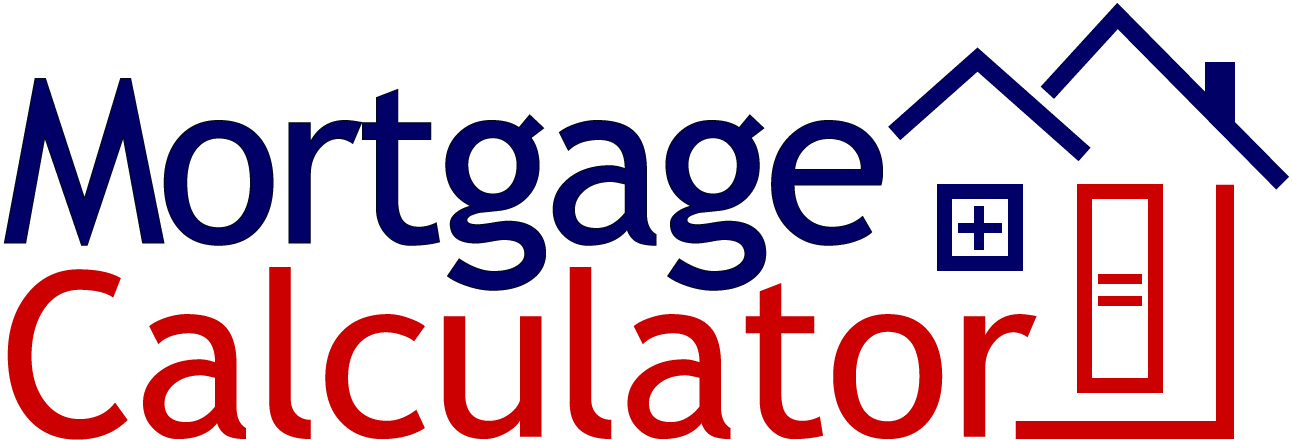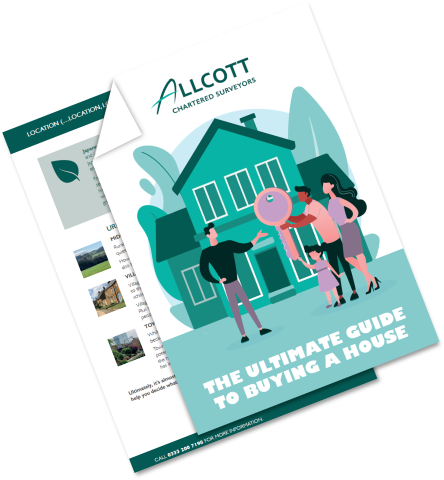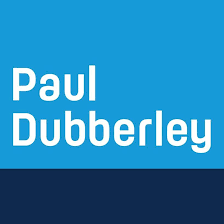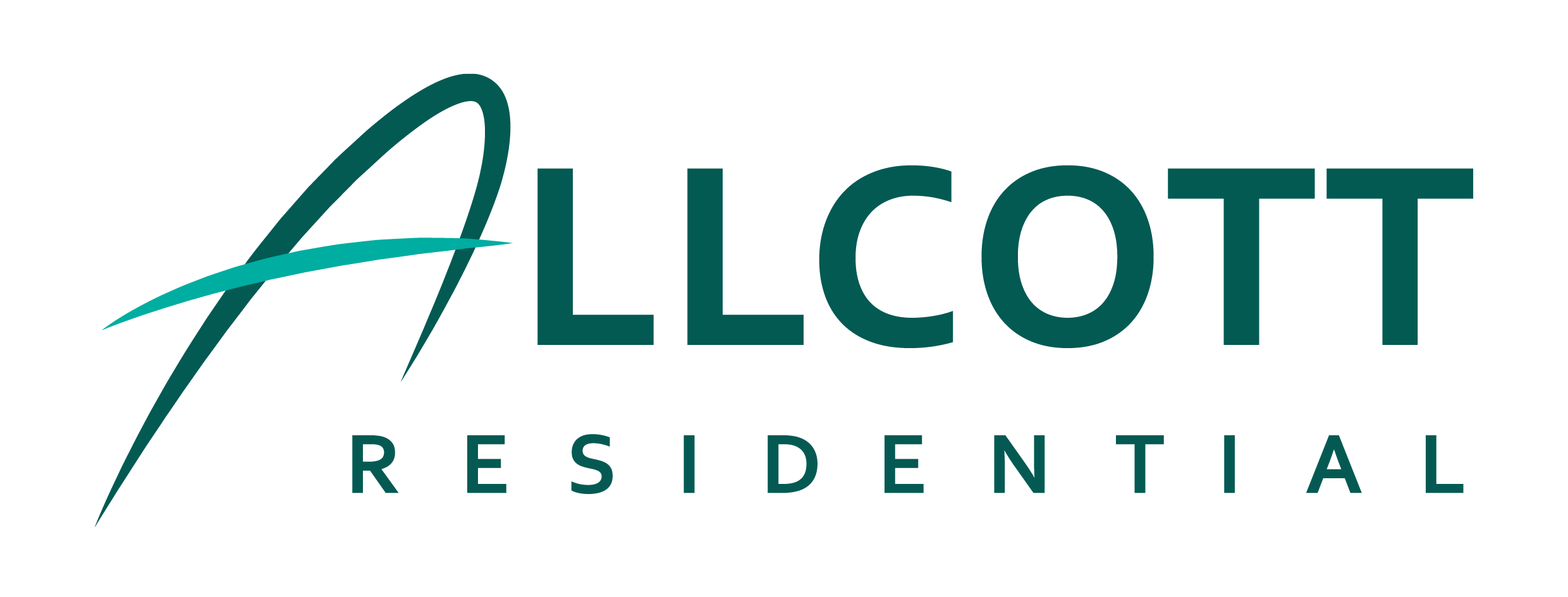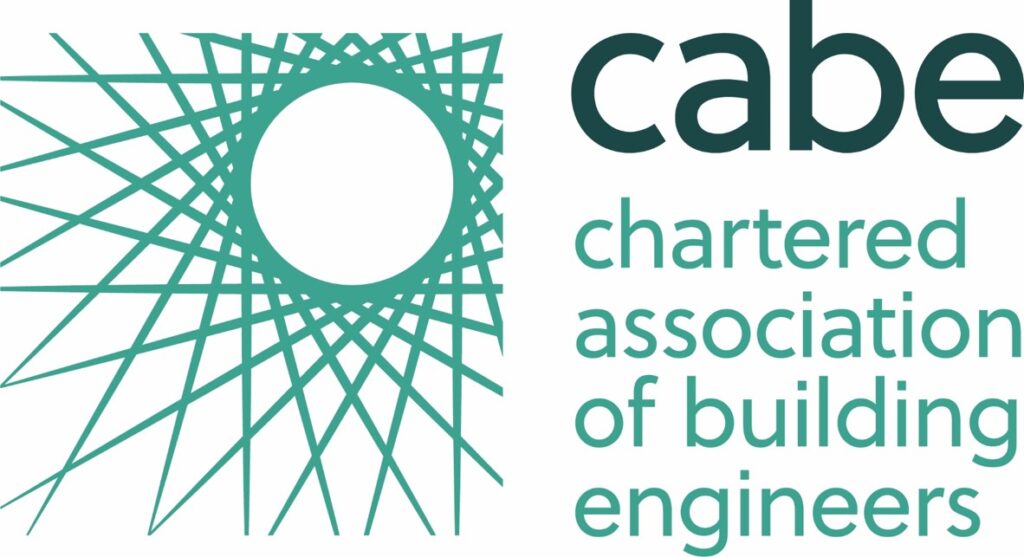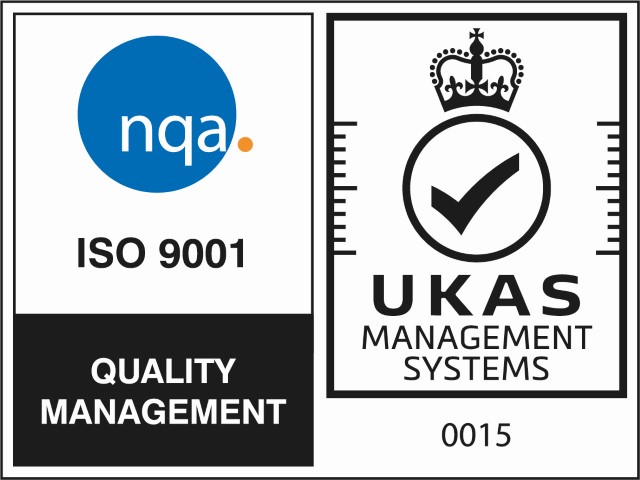By now you will have reviewed your budget and will have an idea of the monthly payments you can afford. You might also have started having a look around the property market, to see how much you will need to spend on a home.
Now, it’s time to look at getting a mortgage.
Getting a Mortgage
Once you are ready to look at borrowing, mortgage calculators will come into their own again.
Start to review the mortgage products available and plug the data into the calculator to help you understand what your monthly payments will be. You can also use the calculator to play around with how different aspects will change your repayments.
Use a mortgage calculator to test out how payments are affected by:
- increasing or decreasing the mortgage term
- changing the deposit amount
- interest rate fluctuations.
Powered by Mortgage Calculator UK widget
Finding a Mortgage
Comparison websites, such as Money Supermarket, can be a good place to start when looking for a mortgage. These sites are great for getting an overview of the types of rates and deals available on the market, so you can get an idea of what a competitive mortgage offer looks like.
At this stage, it’s good to get a sense of the interest rates available for fixed and variable-rate mortgages, the product fees that the banks are charging, and the length of fixed terms that are being offered.
Take care not to authorise credit checks at this stage, unless you are seriously considering going with a specific lender. Submitting too many formal lender inquiries in a short period can negatively impact your credit score.
Mortgage brokers can be extremely helpful when looking for a mortgage, especially if there is anything unusual about your circumstances or the property you are buying. Brokers will have access to a range of products than those that are available directly to consumers and will be able to advise you on the best products to suit your needs.
Be aware that while many brokers will not charge you directly, they will instead receive a commission from the lenders, and so there is an inherent conflict of interest there. There will also be some mortgage packages that they cannot access because these are available directly to buyers only.
If you have the time, it pays to do as much research as possible – after all, this is likely to be the largest, and longest-term, debt you will ever take on.
Credit Score
Your credit score will be a key consideration for any lenders deciding on whether to offer you a mortgage.
You can view your credit score through portals such as Experian – these can also be used to track improvements that you have made. It is a good idea to check your score before carrying out applications for loans, mortgages and credit cards because too many credit checks from these services can reduce your score. Soft credit checks by companies like Experian and Money Saving Expert, on the other hand, will not harm your score.
***A credit score is a prediction of how likely you are to repay money you have borrowed on time. It is based on information from credit reports. A high score means that lenders are more likely to provide a loan, and to give you the best rates, because you are deemed as low risk of missing payments.***
If your score is low, don’t panic – there is a lot you can do to increase it.
Firstly, make sure you are registered to vote at your current address. This helps confirm your identity.
Next, build up a credit history by opening a bank account and getting a credit card. Stay well below any overdraft limits; use your credit card, but don’t max it out, and make sure you pay off your credit card in full and on time each month – this shows you are a responsible borrower.
You can also take out other forms of credit, such as mobile phone contracts or store cards. Again, the key is to pay your bills on time and in full to demonstrate that you are financially responsible.
Over time, these steps will have a significant impact on your credit rating.
Affordability
Next, lenders will look at affordability. This is how easily the bank or building society thinks you will be able to meet the monthly repayments.
One of the key aspects of affordability is salary.
Most lenders offer 4–4.5 times salary for single mortgage applicants, or 3.5–4 times joint salary for joint applicants.
However, salary is not the only consideration. A lender will also ask for detailed information on your current outgoings, and will want details on your employment so that can judge how secure your income is. They will also take whether you are supporting any dependents (i.e. children) into consideration, and will stress test your ability to repay the mortgage if interest rates rise, or if you have a period of unemployment.
The more able to you are to comfortably meet the repayments, the more attractive you are as a customer. And the more attractive you are as a customer, the more likely you are to get the best mortgage deals.
Loan-to-Value
Loan-to-value (or LTV) is the relationship between the size of the mortgage and the total value of the property. This is another key factor when lenders are deciding on whether to lend to you and which packages to offer.
Let’s say you have a deposit of £100,000.
If you want to buy a house for £400,000, you will need to borrow £300,000. The LTV would be £300,000/£400,000 = 0.75, or 75%.
If the house you wanted to buy was only £250,000, you would need to borrow £150,000. The LTV would be £150,000/£250,000 = 0.60, or 60%.
Getting an Agreement in Principle
An agreement in principle (or mortgage/decision in principle) is a written statement from a mortgage lender saying that in theory, based on the information you have given them, they would be willing to lend you a certain amount.
***TIP*** Getting an agreement in principle is really important when you are looking for a house. In a competitive market, many estate agents and vendors will not show you a property unless you have an agreement in place – it demonstrates that you are serious about buying a house.
It is important to remember that getting an agreement can often require a credit check, so don’t get multiple agreements from different lenders unless you are sure their checks will not affect your credit score. Instead, choose one that you are seriously considering getting a mortgage from, or get help from a trusted mortgage broker.
The agreements are not binding and you are not obliged to take out a mortgage with that firm; however, you do want to avoid having a high number of credit checks, because (as discussed above), this could impact your credit rating and therefore your ability to borrow money.
Once you have had an offer accepted and you have instructed a conveyancer, you can submit a full mortgage application and get a formal mortgage offer.
Types of Mortgage
In most cases, your mortgage will be for your main residence, i.e. they are not buying a second home, but are buying a place to live in.
These mortgages are the standard packages offered by lenders and can be split two ways.
Firstly, mortgages are categorised by the way that payments are calculated:
- Repayment mortgages. With repayment mortgages, the amount you pay back each month is made up of some of the money you have borrowed, along with the interest on that money. This means that over time, the amount of money you owe the lender decreases, and the proportion of your home that you own increases. By the end of your mortgage term, your entire loan will have been repaid and you will own 100% of the property. Repayment mortgages are the most common type of mortgages.
- Interest-only mortgages. With these mortgages, your monthly payments only cover the interest on the money you have borrowed. The total amount you borrowed initially remains unpaid; instead, you will pay back the entire value of the mortgage at the end of the mortgage term. Because of this, interest-only mortgages are usually used on properties that you plan to sell at the end of the term, and so are rarely used for people’s main home.
Secondly, mortgages are categorised by the way that the interest rates are agreed.
- A fixed-rate mortgage means that the interest rate applied to the money you have borrowed stays the same for a set period. So, even if the Bank of England base rate goes up or down, the interest charged on your loan will stay the same, and so your repayments will stay the same.
- Fixed rate deals usually last between 2 and 5 years, after which time you can look for another deal, or switch to a standard variable rate.
- These deals provide financial security by protecting you against interest rate fluctuations but often mean you are fixing at a slightly higher rate than the most competitive variable rate mortgages at the time.
- They usually also come with charges if you leave the deal early. It’s important to check the terms and conditions carefully if you do plan to overpay your mortgage or if there’s a chance you might sell before the end of the fixed term.
- A variable rate mortgage is one where the interest rate can change at any time – mostly by tracking the Bank of England’s base interest rate. These include a standard variable rate (SVR) mortgage, a discount rate mortgage (in which the rate is set a certain amount below the SVR) and tracker rates (which are usually set according to the Bank of England base rate).
For those buying second homes, buying to let, or letting to buy, mortgages can be more limited. There are also more considerations regarding stamp duty, and conveyancing is likely to be more complex, lengthy and expensive. You can find advice about these options here.
What Happens to Your Mortgage When You Move?
If you have any sort of mortgage deal agreed (i.e. anything other than the standard variable rate), you are likely to incur charges if you sell and pay back your entire mortgage to get a new mortgage for another property.
Fortunately, however, most mortgage deals are portable, meaning that you can move them over to a new property. The lender will take you through a new application process, considering the new loan-to-value ratio, any changes to your income and spending, and of course, any changes to the size of the mortgage if the new home is more expensive.
Where it gets complicated…
Depending on your current deal and when you took it out, you might find that there are more competitive options out there for you, and you could save more overall by switching mortgages or even mortgage providers, even taking early repayment charges into account.
Alternatively, if you are nearing the end of your mortgage deal, it might be worth waiting until the end of the term and switching to the standard variable rate for a few months while you arrange your new mortgage.
It is important to take the time to work out which options will be most beneficial in the long run. Arrangement fees, repayment charges and exit fees all need to be included in your calculations. Your current mortgage provider, or a mortgage broker, will be able to provide advice on which options might be best for you.

